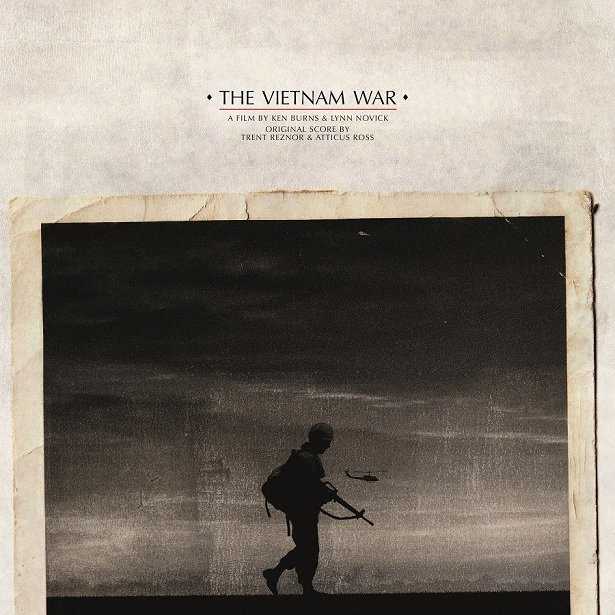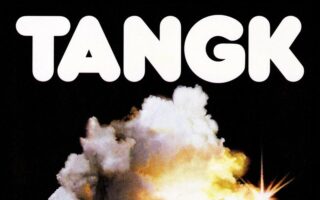The list of quotes associated with the American war in Vietnam is long, punctuated by some military-industrial doublespeak which emphasises its utter lunacy (“it became necessary to destroy the village in order to save it”) and which opens up scar tissue deep in the psyche of both combatants and victims alike.
Possibly its most eloquent deconstructer was Esquire field correspondent Michael Herr, whose book Dispatches remains the conflict’s most vital, technicolor, we-must-destroy-our-consciences-in-order-to-save-them narrative, during which he postulated, “There was such a dense concentration of American energy there, American and essentially adolescent, if that energy could have been channeled into anything more than noise, waste and pain it would have lighted up Indochina for a thousand years.”
Such was the utterly fundamental nature of the war, it defined the world’s most strongest power at its apex in a long-exposure snapshot and the beginnings of its slow decline; despite the fresh madness of now, there has still been nothing like it since. In that sense it’s still a living document, hence the decision to allow Ken Burns and Lynn Novick to recapture it so vividly in a landmark ten-part series is such an obviously correct one.
Taking more than a decade to complete and featuring digitally remastered footage and the words of 60 people from all sides, the series featured an extensive library of archive music from the accompanying era, including songs by Jimi Hendrix, The Beatles, Led Zeppelin and The Rolling Stones, all blackened anthems which would have been heard in downtown Saigon, remote fire bases and revolutionary college campuses alike.
In addition to this exhaustive indexing, a further original treatment was commissioned, a task undertaken by Nine Inch Nails studio incarnation Trent Reznor and Atticus Ross, featuring supplemental new music by cellist Yo-Yo-Ma and The Silk Road Ensemble, plus a series of original compositions and reworked pieces from the duo’s award winning scores for The Social Network and The Girl With The Dragon Tattoo.
The 21st century is of course loaded with irony meters set to 11, such that the fact that the US military allegedly used NiN’s music as part of their torture processes will not have gone unnoticed; less aggressively here though, the pair use a sublime collection of tricks to convey the war’s go-to psychological responses – dread, apprehension and uncertainty.
Sometimes their familiar post-industrial smudges are writ large, as on Justified Response or Strangers In Lockstep, both sinuous and chill, whilst nods to south east Asia are tangential, the rusty nuances and faded nightmares of Other Ways To Get To The Same Place, with the digital bamboo and elephants roars of Before Dawn hinting at the lost fates of both survivors and the dead alike.
Anyone expecting a traditional score, with gathered emotional cadence and incidental pieces to accompany mood, light, or action will be left mostly short. This is music to slide into the footage subliminally to, a space of utterly personal horror in which watching the inhumanity of napalm burning children is almost surreal.
Its trick is to retain intimacy amongst the constant show-reels of destruction – although Before And After Faith arc lights like a B52 strike – the naked piano of The Right Things and The Forever Rain symbolising both the emptiness left behind after the war was over and the singularity of people’s perception.
With the musical resonance of a rabbit hole full of caricatures and the dead, Reznor and Ross have given the subconscious a voice, a background to processing the moral bonfire that the Vietnam War presented to the world; for almost the first time in humanity’s struggle against itself, post-struggle history is being written by the losers.





